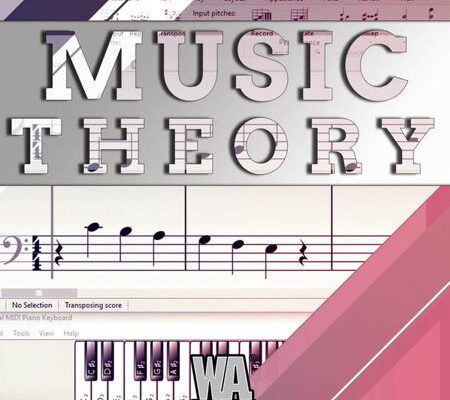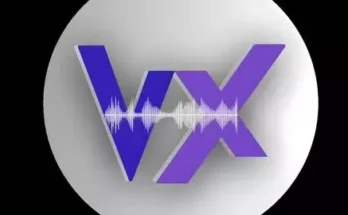Music Theory From The Top TUTORIAL
Team SoSISO | 01 December 2021 | 1.86 GB
Music Theory From the Top takes you step-by-step through the basics of music theory with an expert. You’ll learn the basics of notes, rhythm, intervals, chords, keys and harmony using music notation, taught from scratch, so no matter your genre or style, you can apply the tools straight away. No previous experience or knowledge is necessary and by the end of the course you will be able to talk about and use music theory with confidence!
Taster:
A brief look at the structure of the course and some suggested tips on how to practice theory and make it applicable to your own music. Questions such as ‘Why should I learn music theory?’ will be answered and also some advice will be given about how to analyse the music you love.
1: Pitch & Rhythm (15 mins):
Explore the building blocks of music. What makes a sound high or low? How do we use pitch and rhythm in music? How do I read music? These are just some of the questions answered in the first segment. After pitch and rhythm are explained, the system of musical notation is broken down and taught from the basics.
2: Scales (15 mins):
In this video, scales are looked at, listened to and their construction is explained. Major, minor and chromatic scales are covered and they are broken down to their most important building blocks starting from a number of different notes. Accidentals and scale formulas are used to show how we create our own major and minor scales.
3: Key Signatures (15 mins):
Key signatures follow naturally on from scales and the circle of fifths is explained thoroughly. No more confusing acronyms, this video shows what keys really are and how they work. There are some tips to help remember and figure out both major and minor key signatures.
4: Intervals & Chords (15 mins):
In this video, all types and quality of intervals are explained using the keyboard and notation. Their use in music is also explained and they are then used to build basic chords. Combining the knowledge of scales, key signatures and intervals, the five types of basic chords are explained.
5: Harmony (20 mins):
Using all of the previous information, chords are put in context. Finding the right chords in a key, creating progressions and training your ear are some of the topics discussed. It is also here that chord inversions and extensions are shown. Finally, cadences and common progressions are explained and demonstrated.




